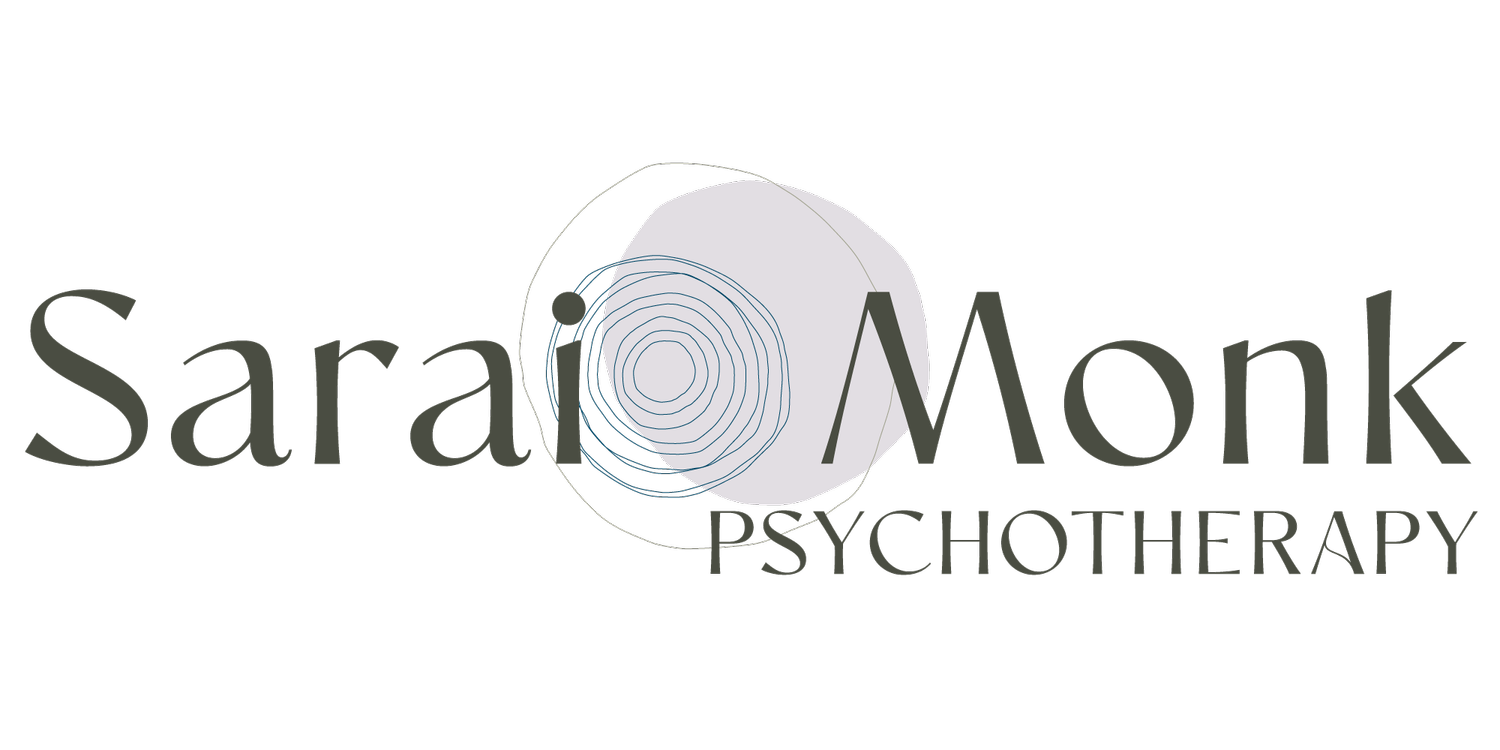“Out of your vulnerabilities, will come your strength.”- Sigmund Freud
Do you keep repeating the same mistakes over and over again?
Can you see the repeating patterns you’re stuck in? Perhaps you shout at your kids, or your relationships never work out. Maybe you can’t stop overeating or drinking, or you experience anxiety.
You try your hardest to change. You read blogs, do free online workshops, watch youtube and socials. You try to change your thinking, or use willpower.
Yet you keep repeating the same mistakes over and over again.
You don’t need to tackle these issues on your own
The truth is, you can’t think yourself to a feeling of safety, or know about your unconscious, without the help of a professional.
The unconscious is what we can’t see ourselves, such as why we repeat patterns and make the same mistakes again and again. The unconscious also causes bodily issues such as IBS, UC, migraines, fatigue or sleep issues. In therapy we will analyse the unconscious to bring about change.
Feeling safe is a body and nervous system state. The key is identifying what’s happening in your body so you can self regulate.
You will learn how to do interocept (internal body awareness) and tools for regulation in therapy.
“If you’ve tried almost everything and nothing has worked, then chances are, there are unconscious processes at play in your body and in your mind.”
Getting to the root cause of your symptoms
I like to think of trauma as an open wound: it bleeds and stings, you’re scared to go near it, you constantly protect it. Its rawness means you can’t forget about it, and the pain is unpredictable, and uncontrollable.
Through therapy, we heal it into a scar.
How therapy can help get you learn, heal and grow
We heal the wound in therapy. We stitch it back together so it can scab over and heal, leaving only a scar.
It doesn’t mean the wound disappears or is forgotten. The scar will always be there, but it doesn’t sting anymore.
You’re free of it because it’s in the past where it belongs, and now you can be the best version of yourself.
Issues I’ve worked with include:
trichotillomania
eating disorders
addictions
bereavement
divorce
menopause
narcissistic abuse
historical sexual abuse
sexual assault
anger issues
identity issues
transgender issues
chronic fatigue
obesity
workplace issues
ptsd
c-ptsd (developmental trauma)
If you can relate, I’d be happy to talk about about how I can support you.
Book your free, 15-minute telephone consultation here.

FAQs
-
The initial consultation costs £75 in Romsey, Hampshire and £85 in Wandsworth, London.
Fees can be discussed during your initial consultation. I have some low fee spaces, if you need a lower fee, please ask me about availability. I review fees annually at the end of the financial year and may increase fees in line with inflation.
-
For online sessions, payment is due prior to your session by bank transfer.
For in-person therapy, payment can be arranged via monthly invoice, weekly bank transfer, or cash.
-
If you have a specific problem you want to address, and you don’t need long term therapy (this will be assessed in your initial consultations), then we’ll decide on the duration of your therapy during your initial consultations.
Time-limited therapy generally helps with current life situations or things that don’t have deep roots in the past. It usually lasts between 3 – 6 months, and can really help in certain circumstances.
-
Open-ended therapy constitutes the majority of my work and focuses on deeper issues that have roots reaching back into the past, and that are affecting your life now. Over time we pull out weeds and toxic roots, nurture your strengths and plant new, healthier roots/foundations so that you can grow and reach your potential.
-
You’re free to end your therapy at any point. If we’ve commenced open-ended therapy, and you get to a point where you want to stop, then I invite you to talk to your therapist about it. Together we can decide on a date for your final session. This way we can work towards a ‘good ending’, which is something many of us haven’t experienced, and therefore it can be an important and healing part of the therapeutic work.
-
I’m fascinated by what makes humans tick, and have spent the past 20 years exploring this from a psychological and biological/movement orientated perspective. Specifically how we are traumatised and how we heal, from the perspective of the link between the body and mind. I was trained at the best institutions in the UK, and I regularly continue my professional development. I follow developments and research within my profession and within neuroscience and neurobiology (the link between the brain, nervous system and behaviour). I adhere to my governing body’s code of ethics (the BPC and the BACP).




